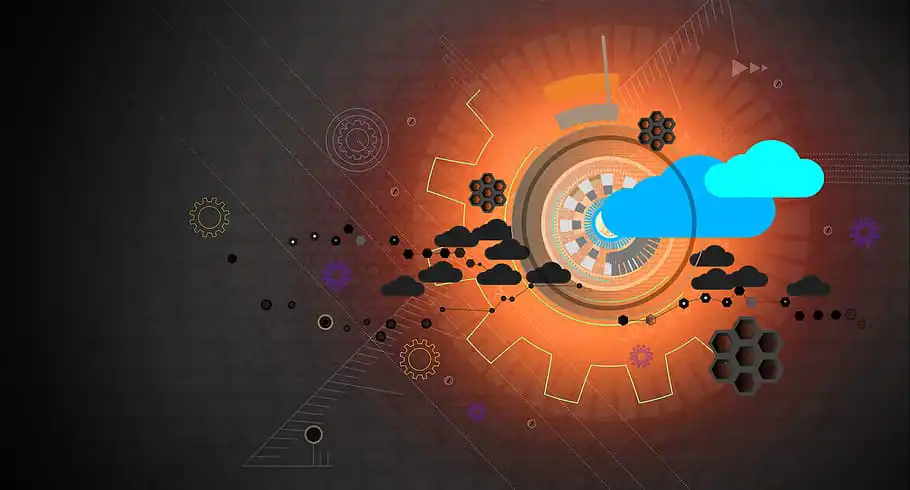Creating and maintaining secure digital communication lines in this hyperconnected age is of utmost importance. Establishing these protections often involves leveraging new cryptographic methods. However, some individuals fear that moves by US intelligence agencies such as the National Security Agency (NSA), may be weakening these cryptographic tools.
The groundwork for these concerns has been laid by Ingrid Daubechies, an esteemed mathematician who presides over the International Mathematical Union. Daubechies, who has a history in wavelet theory, expressed that the NSA's presence in cryptology standardization discussions presents a risk to the robustness and reliability of emerging encryption techniques.
Daubechies' concern stems from the historical activities of the NSA. Documents leaked by Edward Snowden in 2013 revealed that the US intelligence agency had been intentionally weakening the encryption standards they suggested, which were used by tech firms to protect the privacy of their user data. This was seen as an attempt to bypass these standards undetected, should the need arise.

With the known history of the NSA's interference and the unresolved mystery of their latest involvement in cryptographic discussions, Daubechies and others are raising concern. This brings to the forefront worrying questions about the potential impact, as the power to decrypt sensitive information could lead to significant privacy and security issues.
The backbone of this potential dilemma lies within post-quantum cryptography (PQC). PQC is a burgeoning field working to develop cryptographic algorithms that would remain secure even if quantum computers, powerful machines with the ability to unravel today's encryption methods, become commonplace.
Conflicts of interest become clear when considering the role the NSA plays in cryptography. The agency is tasked with two key objectives: decoding cryptographic systems to gather intelligence and providing advice on how to secure government communications. These objectives are in inherent conflict as the agency's insights into cryptographic practices have likely influenced the weakening of those systems for easier decryption.
For her part, Daubechies isn't simply raising the alarm; she's offering a solution. She calls for full transparency in the development and adoption of cryptographic standards, declaring that only a completely open process, devoid of subjective influence from entities like the NSA, can ensure robust encryption standards.
Daubechies clarified her stance by stating that while she did not oppose the NSA advising on cryptology matters, the agency must fully disclose its intentions. The concern lies not within the NSA's involvement but within their potential hidden motives or undisclosed agendas.
It is vital to recognize the potential significance of this issue on a global scale. Encryption is key to the security of digital data the world over. If this encryption were compromised, potentially by a well-intentioned but misguided attempt at bolstering national security, we would face significant privacy and security threats.
Daubechies’ concerns illuminate the crossroads at which global digital security currently stands. On one hand, having seasoned and knowledgeable NSA experts in cryptography discussions could help ensure robust safeguards. On the other hand, the NSA’s potentially conflicting objectives could risk weakening the encryption altogether.
The exploration of cryptography and cryptanalysis has always been a delicate, high-stakes game. The Snowden documents have explicitly shown us that intelligence agencies can and will exploit cryptographic weaknesses for their gain.
With the proliferation of cyberattacks and digital espionage, we can no longer afford to ignore the possibility of compromised encryption standards. Now, more than ever, we need to ensure that those entrusted with our personal and state secrets are acting in the best interests of privacy and security.
The future of digital communication and its security rests heavily on the decisions made today. Ingrid Daubechies has provided a stark reminder that in the fight for effective encryption, transparency is paramount.
As impending quantum technology threatens to dismantle our current encryption methods, we face an urgent need for robust next-gen encryption. The question still remains: Can we trust those shaping the standards and advising on these matters?
If there is any chance of maintaining control in our increasingly digital world, these questions, and subsequent actions, need to be taken seriously. Transparency in these cryptographic dealings just may be what is needed to ensure our data remains secure and protected in the future.
Whether or not Daubechies' fears will come to pass remains to be seen. It is clear, however, that the issue warrants consideration and refuses to be dismissed. It is not just about individual or corporate data but also about the security of nations and global stability.
It is important to remember that the balance between national security and individual privacy is a difficult one to strike. These new revelations about potential actions by the NSA serve as a reminder that as we move forward, we must do so with caution and mindfulness, for the stakes are as high as ever.
The question of whether the NSA's involvement in PQC is benign or a threat to our security is one that we may never fully answer. As Daubechies has outlined, having the involvement of the NSA, with its dual role and potential for conflict of interest, makes the road toward secure and robust encryption more precarious.